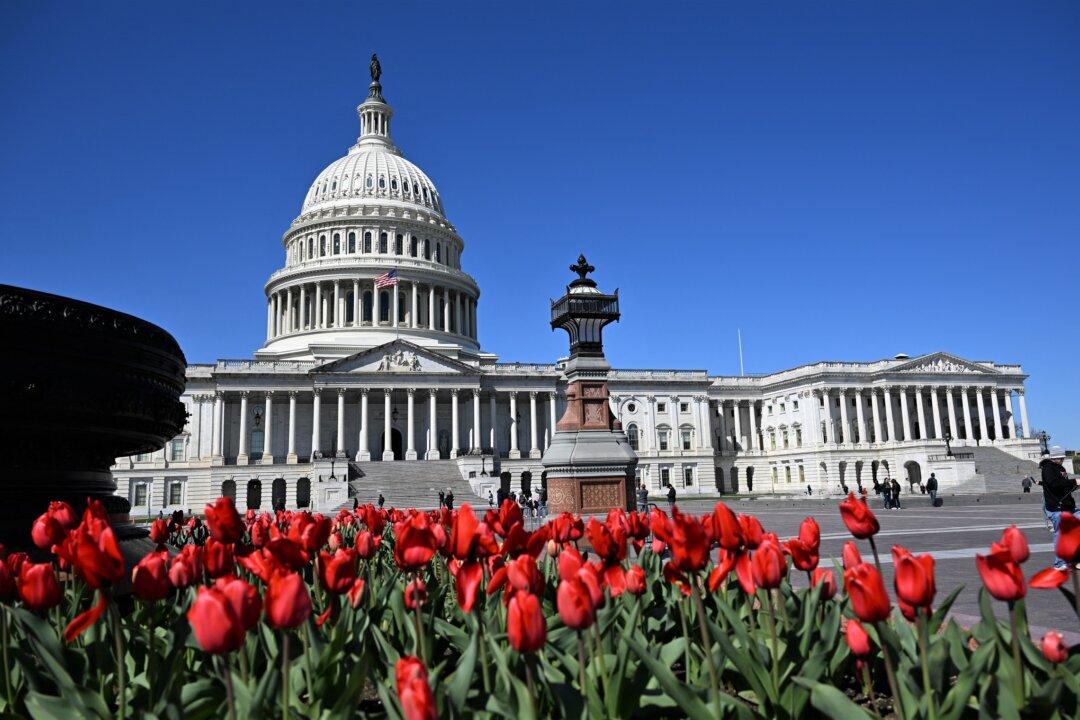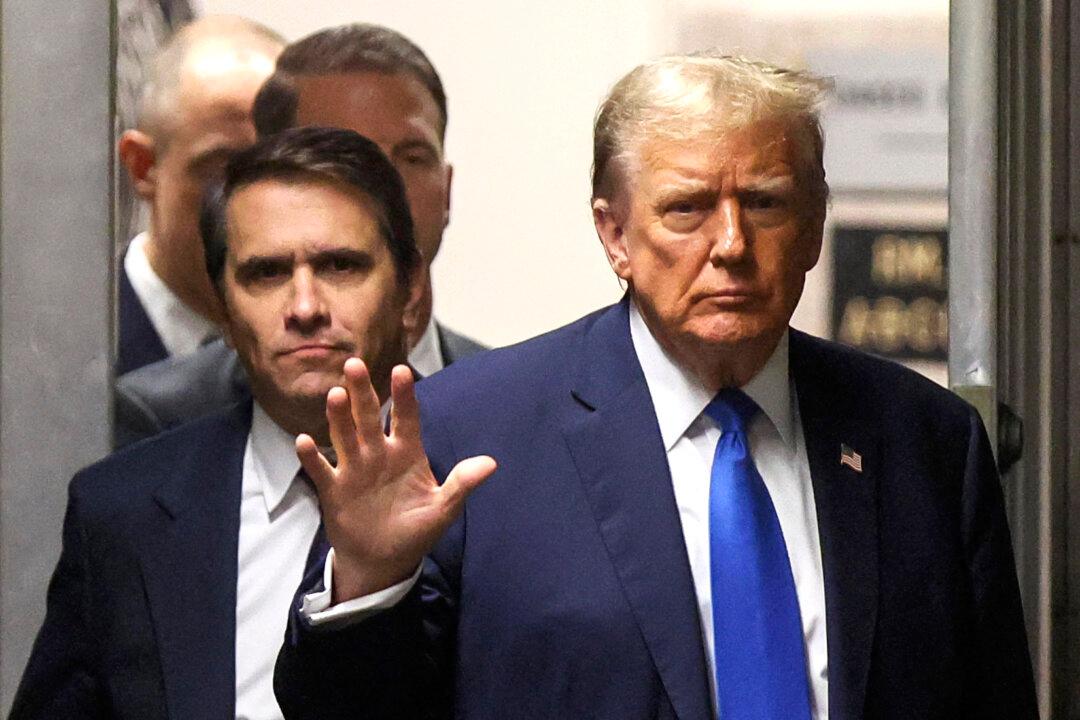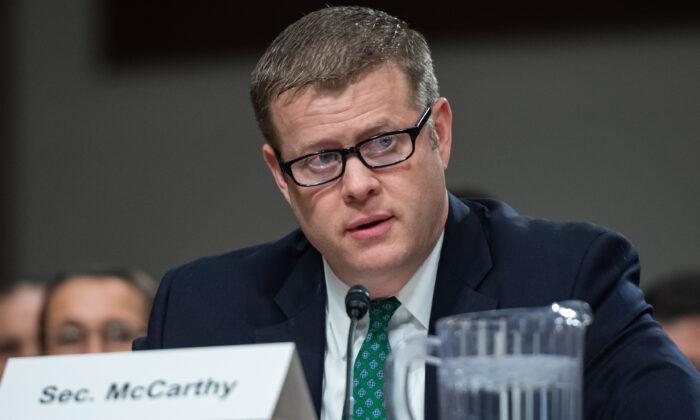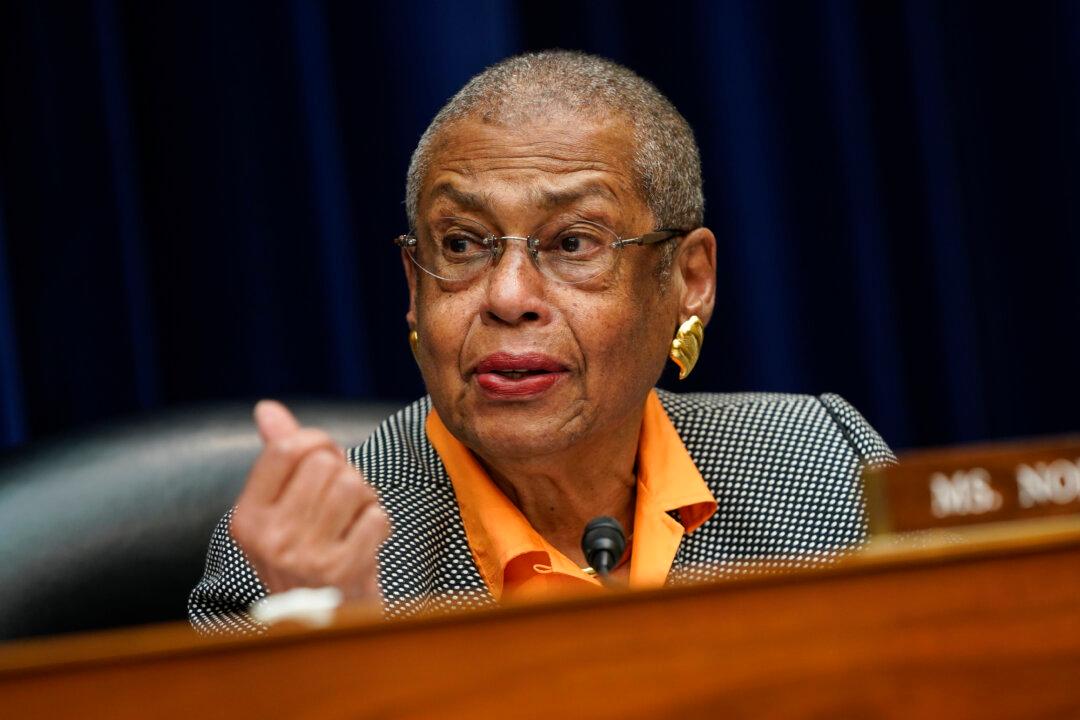On March 26, the 1,200 members of Hong Kong’s Election Committee will convene to select the semiautonomous Chinese city’s next chief executive.
It’s a foregone conclusion that whichever candidate wins will be in the pocket of the mainland regime. Many expect that Carrie Lam, who served as chief secretary under outgoing Chief Executive Leung Chun-ying, is Beijing’s pick and will receive the favor of the electors, despite markedly greater public approval for her biggest rival, former Financial Secretary John Tsang.
Support from the Communist Party’s Hong Kong liaison director, Zhang Xiaoming, has been so heavy-handed that Lam herself has shown concern for the impact it may have on her political image.
As we’ve articulated in previous issues, Zhang Xiaoming’s actions do not seem to stem from Communist Party “core leader” Xi Jinping, but rather his rivals in the Politburo Standing Committee. Zhang Dejiang (no relation to Zhang Xiaoming), whose political health has been subject to recent questioning, is the top official in charge of the Party’s management of Hong Kong and Macau. He is a key figure in the informal patronage network associated with former Party boss Jiang Zemin.
Both Zhangs, in collusion with Leung, appear to have inflamed the Hong Kong population with the aim of using the resultant civil unrest to reflect badly on Xi’s record in the eyes of the Party leadership as well as international opinion. “Beijing’s pick” of Lam, a figure associated with further erosion of Hong Kong autonomy, continues this phenomenon.
Viewed from this angle, Lam is the proxy for keeping Hong Kong under Jiang’s control, and she could be used as a political weapon to limit Xi’s authority. This is a goal Jiang favors because of Xi’s anti-corruption campaign, which has felled scores of national- and provincial-level cadres.
Epoch Times has learned from sources close to the regime that the Party center prefers maintaining the “one country, two systems” policy that should, in theory, last until at least 2047. “No appointment, no interference, maintain ‘one country, two systems’ and the rule of law”—so goes the Party line, to be passed directly to Hong Kong by envoys from Zhongnanhai. And Zhang Xiaoming, the liaison director behind Lam, is reportedly going to be shuffled out from his present position in around three months, so say the insiders.
Come March 26, we will know whether Xi or his entrenched rivals will call the shots in Hong Kong. Tsang says he’s confident about beating Lam in the election. If Xi gets his way, Tsang may be right.
—Leo Timm




Friends Read Free